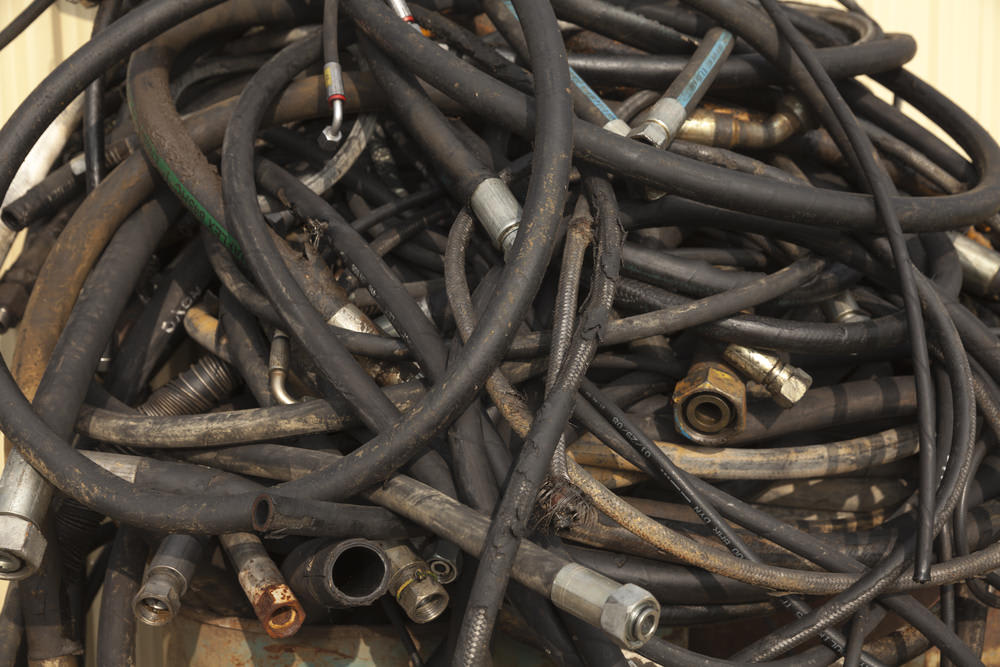

The heat within your engine bay is deadly – it turns rubber hoses brittle, causing them to crack and wear. Obviously, you want to use the strongest and most durable material for your engine hoses to prolong life, ensure operation, and avoid the possibility that you’ll be stranded on the side of the road. However, what’s the best material? Actually, there’s no single answer here. Hoses must be specially engineered for the task – you can’t use the same material in all parts of the engine.
Pressure
Hoses are generally used to carry fluid (although some are used for air and vacuum). Fluid flowing through hoses is pressurized. However, not all systems have the same amount of pressure in them. For instance, your radiator is pressurized, but nowhere near the level of your power steering system.
Trying to use the same rubber in your power steering system as is used on your radiator would be a huge mistake – it would blow out in a very short amount of time simply because of the pressure in the system (this is why power steering hoses have crimped clamps/fittings). The same applies to your brake system – these hoses must be engineered to withstand up to 5,000 PSI.
Fluid Types
Another consideration here is how well the material holds up to the fluid in question. Antifreeze is probably the least corrosive of your engine fluids, but even it will eat through your radiator hoses given enough time (hose failure is most common from the inside out). However, many systems use a type of mineral oil, which is highly volatile. Power steering fluid is actually flammable. Brake fluid is extremely corrosive. Both will eat through the wrong type of material and must have hoses specially designed and engineered for that specific type of fluid.
In the end, there is no one single material type that is better than another. Rubber might be the main component in your engine hoses, but it’s not the only one. Each system’s hoses are specially designed to withstand the fluid in question, the amount of pressure in the system, and the heat that they’re exposed to during normal operation.



